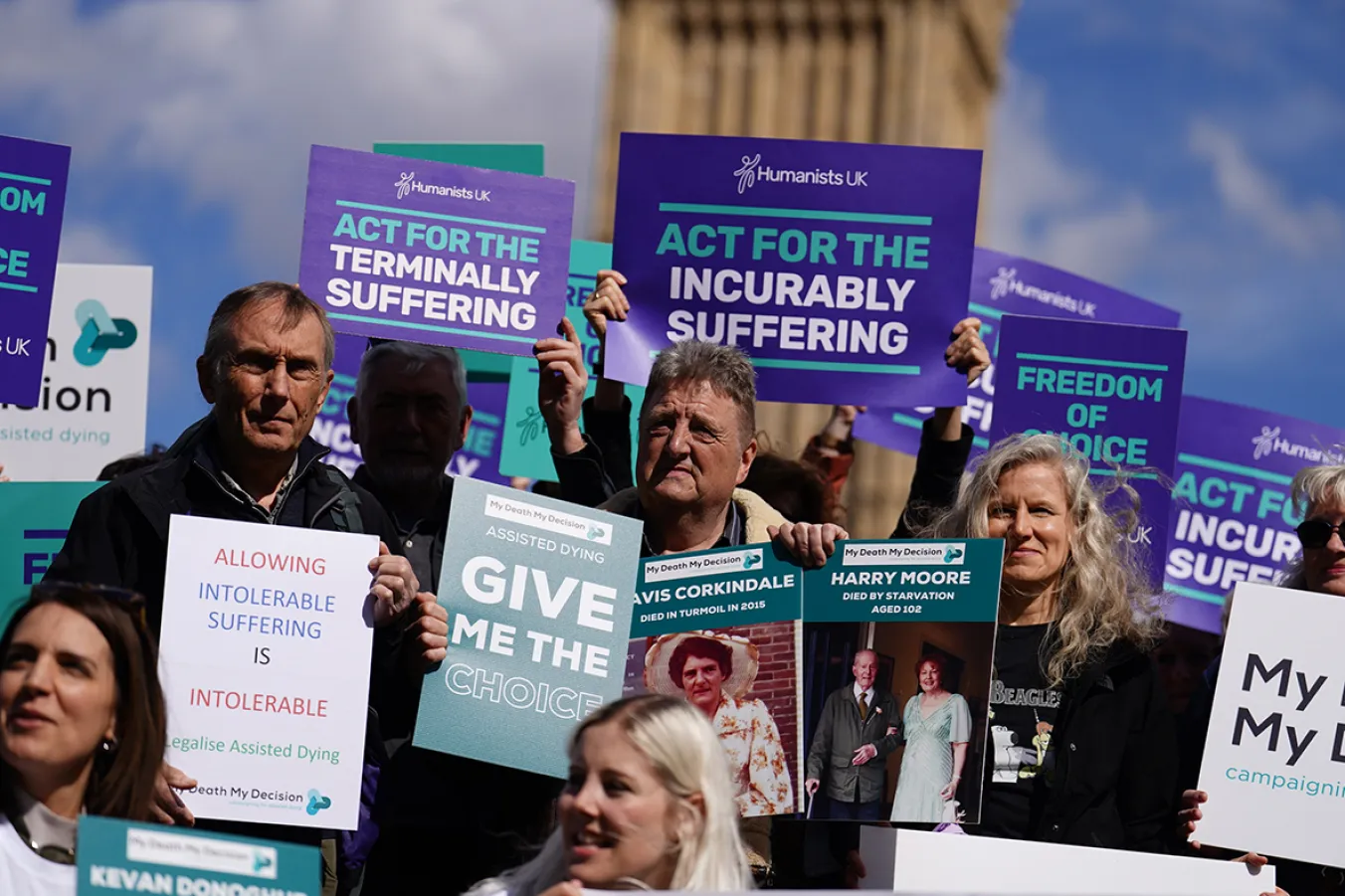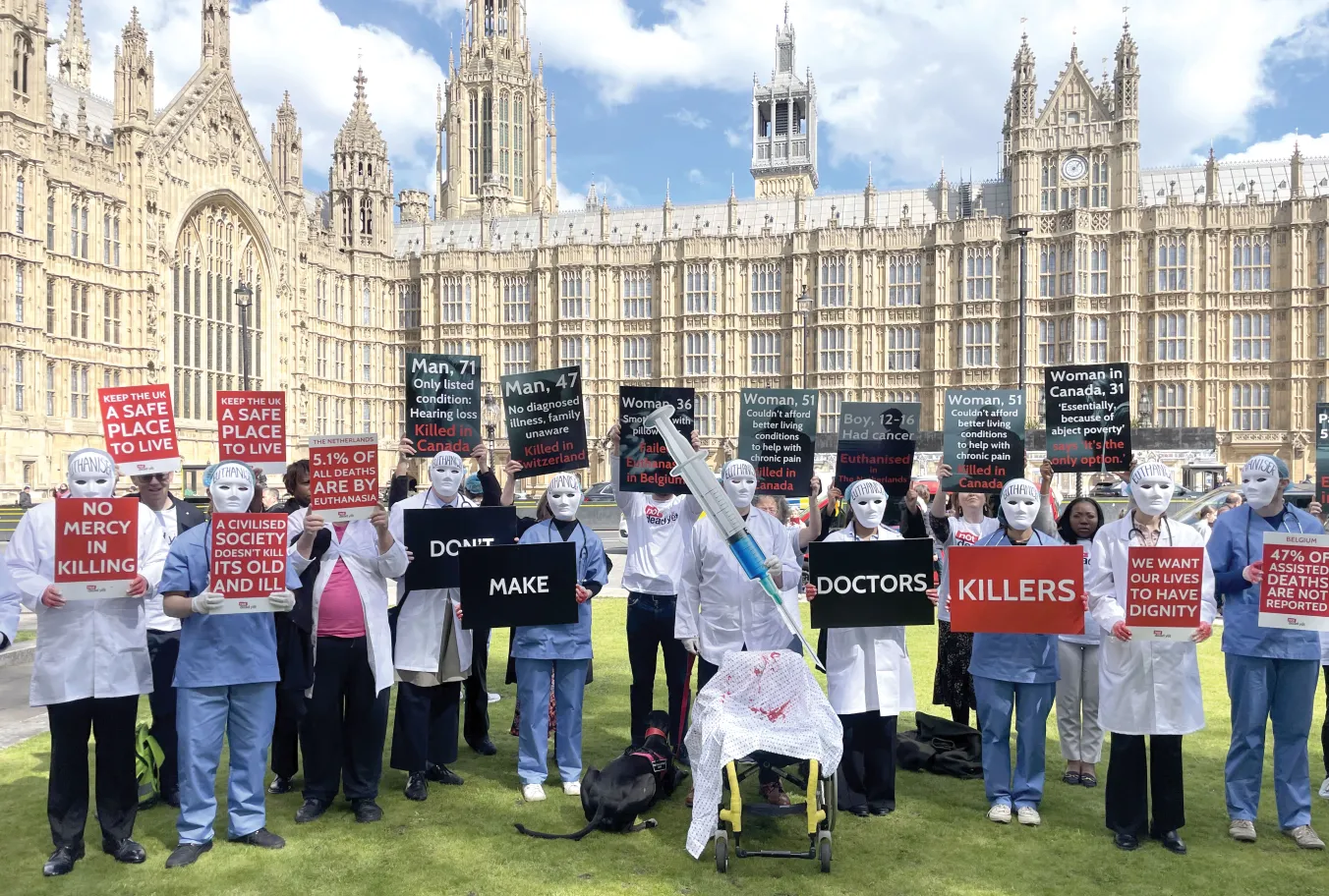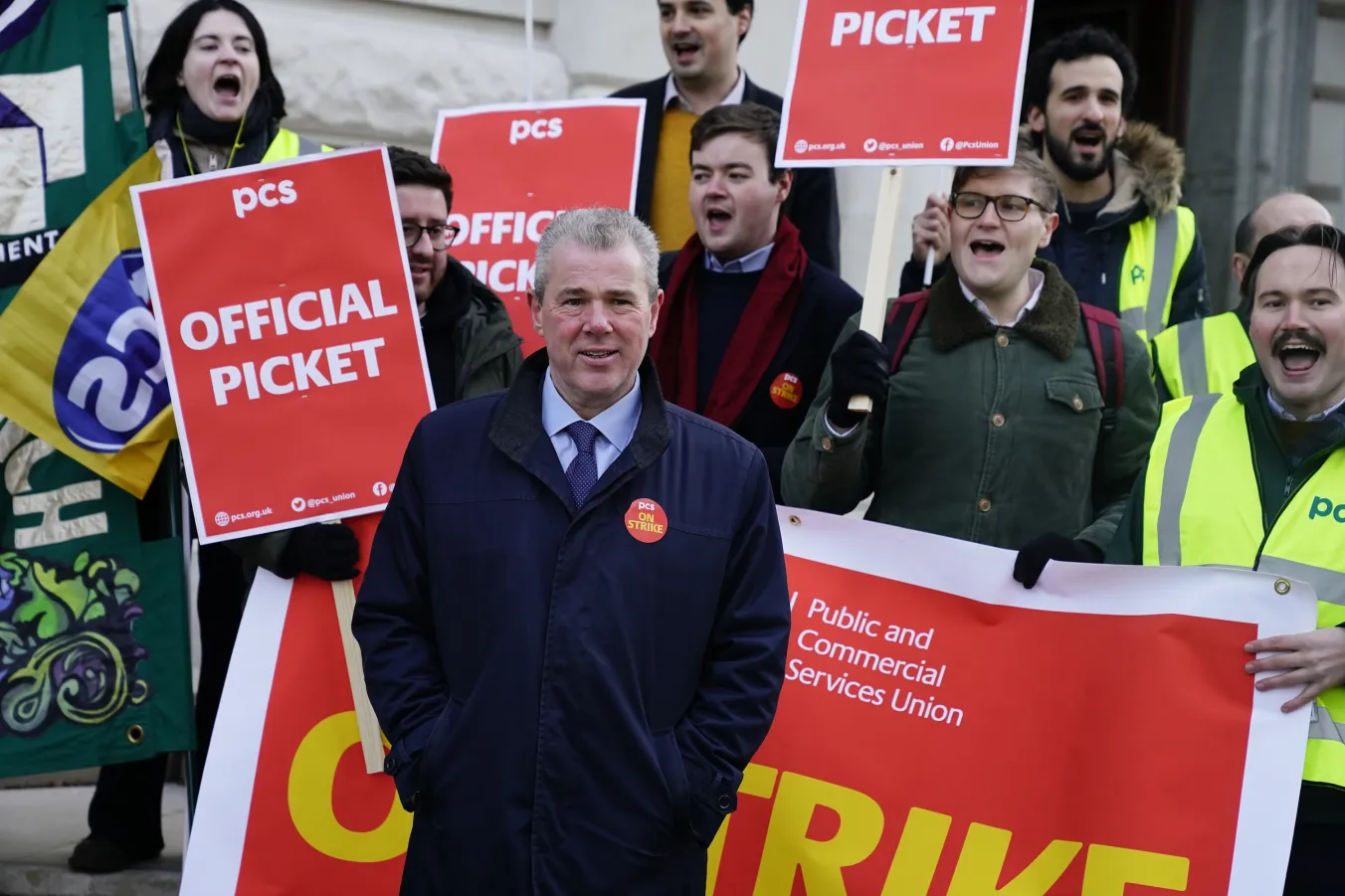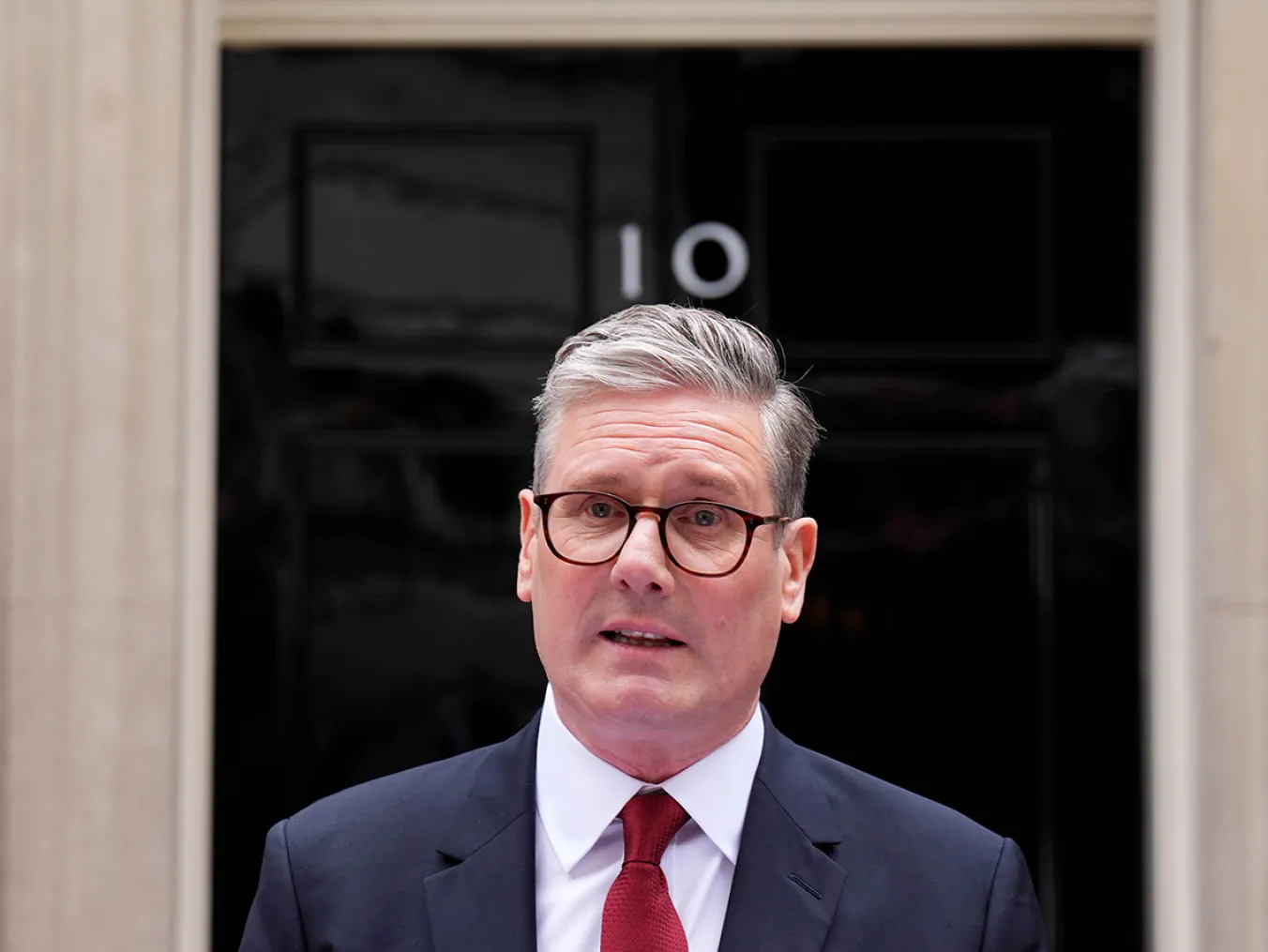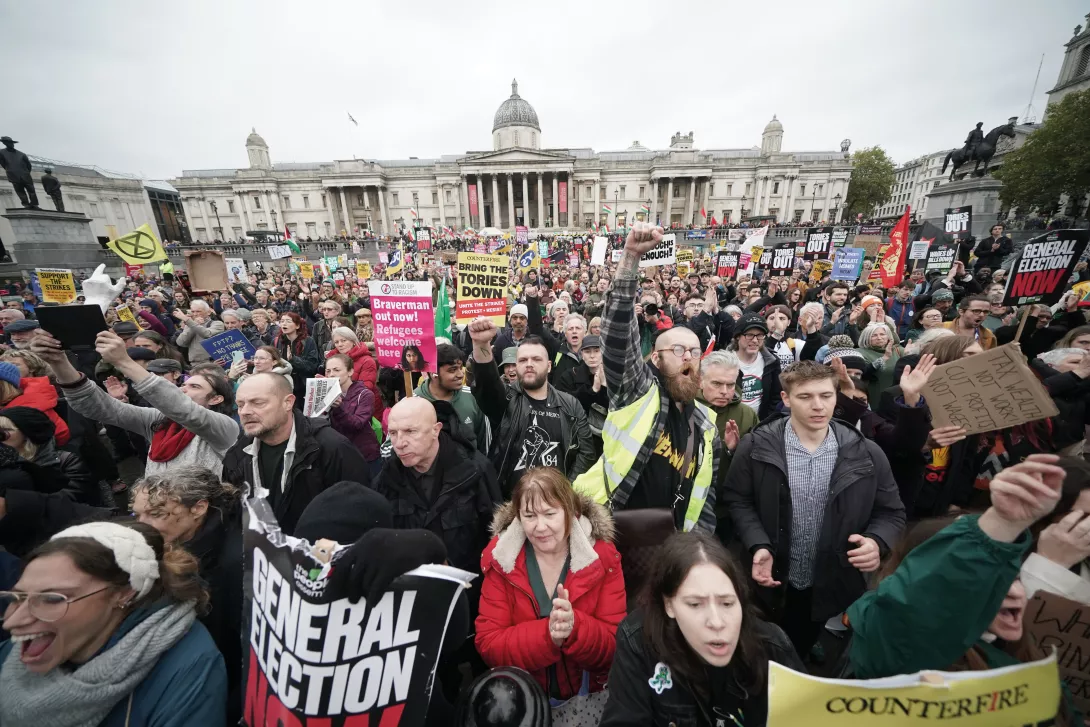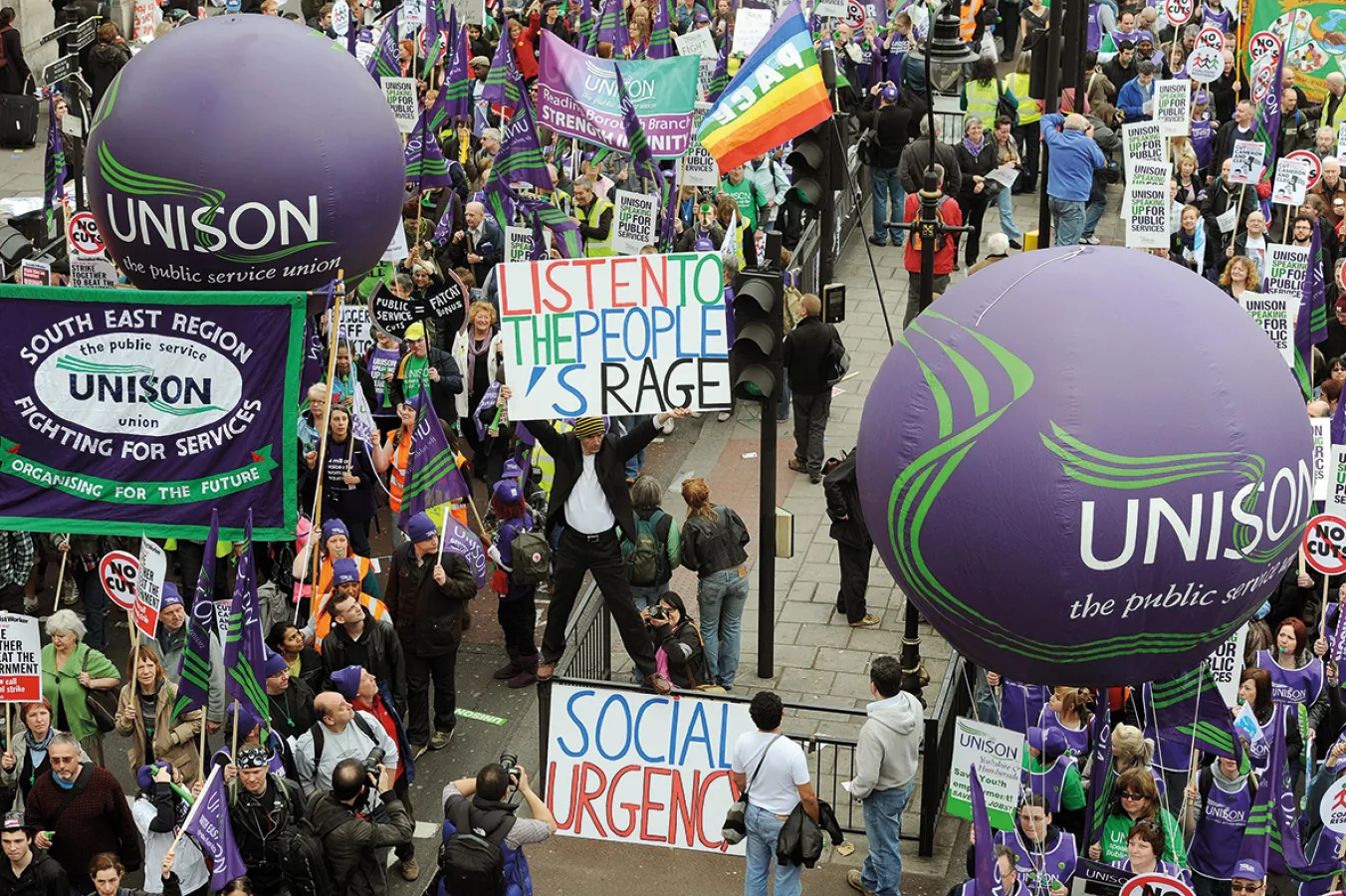
THE election of a Starmer-led Labour government will not mean an end to cuts, privatisation, austerity and the “race to the bottom,” but more of the same. Reforms are ruled out, any concessions are cosmetic.
It will be a government of crisis from the beginning. It will be a period of crisis for the trade union movement too.
Compliant, concession-bargaining collaborationism has characterised its response over 40 years of neoliberal reaction, in which militant-led unions and sections of workers were abandoned and left to fight almost entirely in isolation — betrayal of the 2011 pensions dispute emboldened David Cameron to pursue austerity with unrestrained brutality. Pursuing these failed “strategies” can only result in a spiral into deeper decline and marginalisation.
Unions remain the most potentially powerful working-class organisations. They must be prepared to be at the epicentre of working-class opposition and resistance; on both the industrial and political fronts, to further attacks on terms, conditions, living standards and rights.
If the unions are to effectively represent their members and class they must organise campaigns, including united, co-ordinated industrial action, to demand an end to the race to the bottom.”
Advocating a socialist alternative could unite millions, including social movements and our communities, in a united struggle against profit-before-people barbarism.
The ruling class understands this potential far better than many in our own movement. They know the working class is detached from, and increasingly hostile to, the established order.
Accumulating subterranean rage reflects a universal distrust of all traditional political parties, including Labour. The implosion of the Tory Party, capitalism’s most successful party in history, is the most striking manifestation of instability and crisis.
All liberal democracies are entrapped in these processes, which none are capable of resolving. The ruling elites’ only response to these now entrenched conditions of economic and political instability is to make the workers pay.
Three principal characteristics will define a Starmer government: an intensification of the cuts and privatisation offensive that is at the heart of the massive transfer of wealth from the working class to the billionaires, including the full privatisation of the NHS; unwavering support for US imperialism and its warmongering adventures and, as a consequence of both these non-negotiable priorities, it will be the most authoritarian government of modern times.
The defeat of Corbynism was intended to send a clear message — dare challenge us and we will destroy you. It would be a serious error to underestimate Starmer: he is a ruthless class warrior who relished the extirpation of the left within Labour. His aim has been to ensure Labour is not just a reliable “second division” option for capitalism but one that can be completely relied upon.
Crushing dissent in Labour is one thing, silencing the working class is another. In times of crisis and instability, the principal strategic goal of the ruling class is to cleave union leaders ever closer to the state and its interests. And that necessitates waging a war on the left and on socialist ideas.
In the late 1940s, the main conditions for Marshall Aid to rebuild Britain and Europe after the second world war were restrictions on reforms workers were demanding, unwavering support for the cold war, chauvinism and militarism, and measures to rein in a strong and militant trade union movement; the latter resulting in anti-communist witch-hunts in the unions.
No-one defends the system with the authoritarian zeal of a liberal like Starmer. To ensure an “accommodation” with union leaders he will demand they police their members, hold down expectations, and most of all, never even dream about organising united, co-ordinated campaigns and action to oppose cuts in terms, conditions and living standards.
That will necessarily require a war on the left. And one we must prepare for it now.
The ruling class are massively invested in Starmer’s Labour, and that is a measure of their growing fear and lack of confidence, not certainty. But their search for stability is illusory. Within a short period of time, Starmer’s Labour will be as despised as the Tories, for the simple reason it will carry on with the same policies.
Worse, we have also already entered a new dangerous period in which tensions between major powers competing for markets and hegemony, will provoke trade wars and military conflict too. Again, the working class will be expected to pay the price.
In such conditions, the slightest spark could ignite mass working-class resistance, and the ruling class knows it. Their greatest fear is a militant trade union movement prepared to use the strongest weapon our class possesses — strike action.
The task for socialists and communists is to build united fronts within and across the unions based on demands that reflect the real material concerns and priorities of workers — an end to cuts, privatisation, low wages, employment rights and so on.
But more than this, the job of unions is not just to deliver on bread-and-butter issues, important as that is, but to build effective working-class political representation, because no concession, however small, can be secured and maintained in this period. Any demands from the unions for an end to the policies impoverishing our class are only half-formed without a clear call for a socialist alternative.
The recent strike wave was the beginning of a period of struggle, not an isolated event. Protests against the war on Gaza show not just a massive desire for peace and justice, but for fundamental change. Harnessing all this discontent is the organisational task socialists and communists must rise to, and no more so than in the unions.
Over 150 years ago, Marx made this profound observation about the role of trade unions in the class war: “The unions must convince the world at large that their efforts, far from being narrow and selfish, aim at the emancipation of the downtrodden millions.”
It was true then, and more so now. If the role of trade unions is not to “aim at the emancipation of the downtrodden millions” then workers looking for an alternative to instability, crisis and exploitation will ask — well, what is their role?
Follow John McInally on X @JohnMcInally13.

